2018 Year in Review
Looking back on a year in urban mobility
2018 was the year that people-powered movement from bikes, scooters, and even skateboards went mainstream - a year when the biggest stories of the year concentrated on human-sized options with two wheels. Acquisitions and investments for companies supplying bikes, scooters and other micro-innovations reflected a shift in focus for urban mobility. In our Year in Review, we look back at what 2018 brought for our cities and urban mobility and what might be around the corner in 2019.
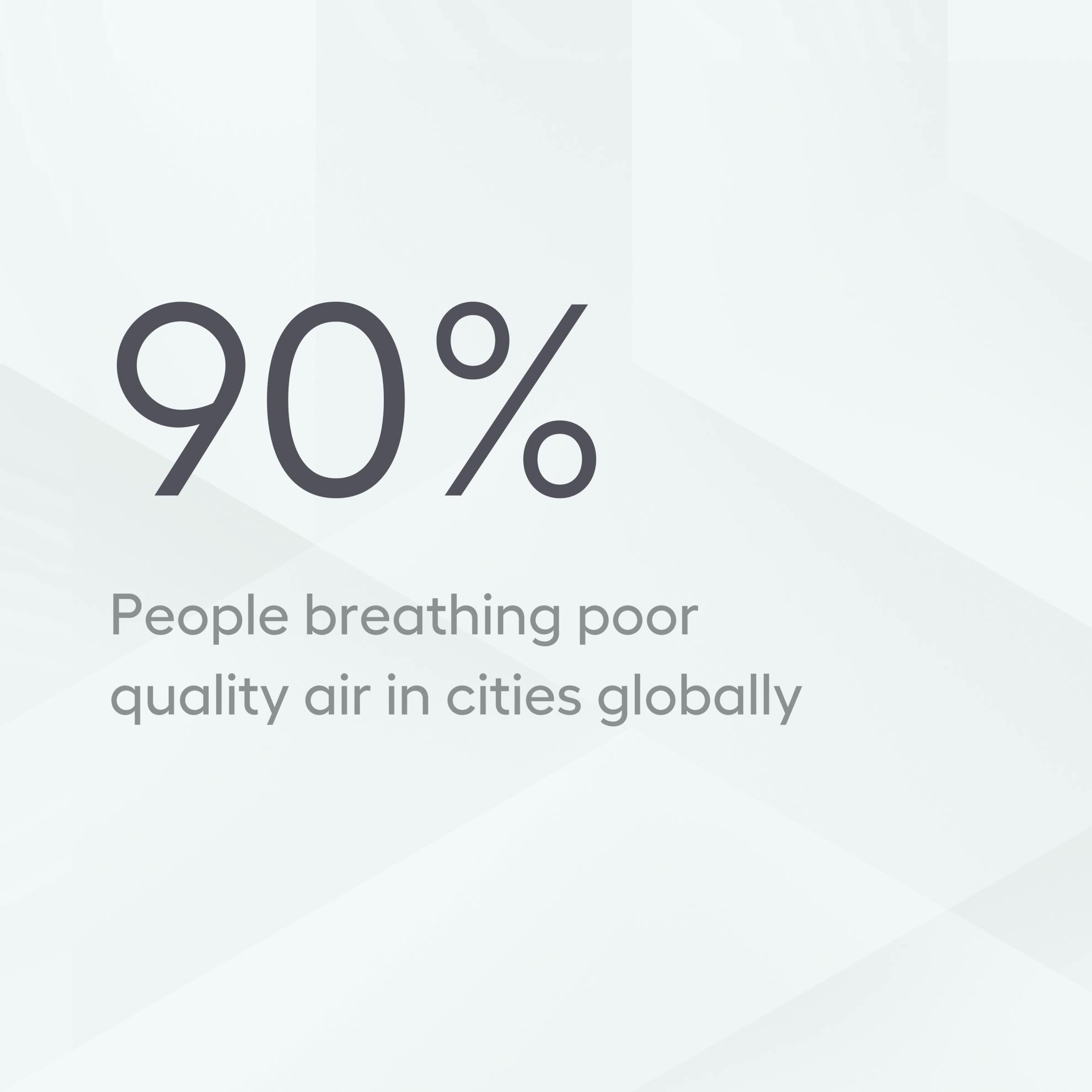
Urban life in 2018
Over 90% of people living in cities do not breathe safe air, and polluting transportation systems which rely heavily on vehicles are the culprit. In the US, transportation is also the single largest sector contributing to greenhouse gas emissions.
Transport for London (TfL) estimates that the annual cost of poor air quality to London’s economy is £1.4 Billion to £3.7 Billion. Our current transport systems negatively affect human health, induce climate change, and put stress on local economic networks.
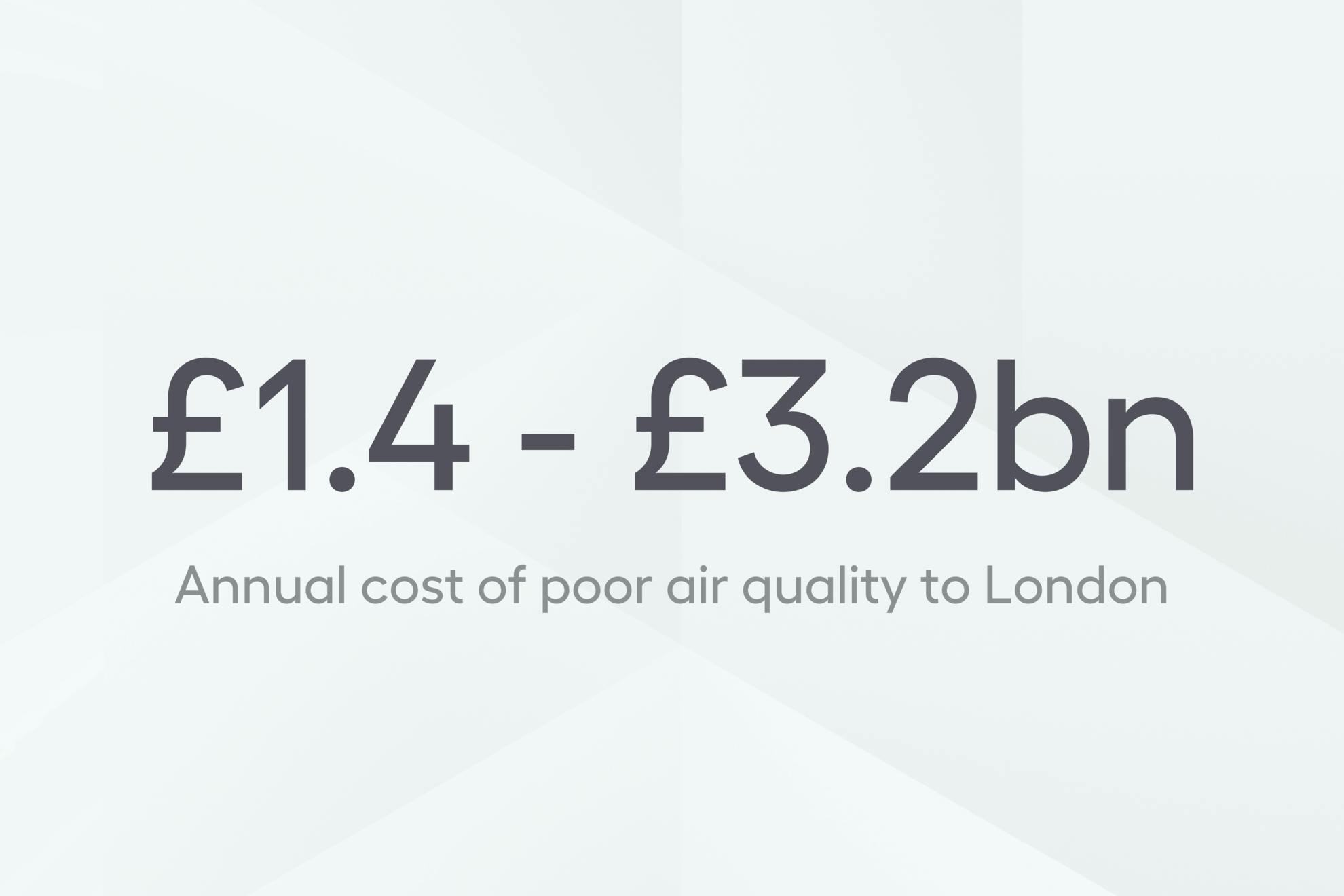
Travelling on Two Wheels
Mobility options for city dwellers exploded in 2018. Along with dockless bike share, the electric bike and scooter swept global markets, with companies like Lime expanding overseas from their home in the USA.
However, expansion has not always been as swift as micro-mobility companies would have liked. The electric scooter saw backlash again and again from city authorities, who claim that the scooters are a public nuisance, and lack the formal infrastructure necessary for them to be safely embedded into urban transport networks.
Even in cities like Paris and Madrid which initially welcomed trials, after a few weeks legislation changed to enforce new policies, and in extreme cases the removal of the devices, stating it was unsafe for them to operate.
After welcoming electric scooters to the streets of Paris in August, by late October France’s transport minister, Elisabeth Borne, had brought forward new regulation to ban them from pavements “where the safety of pedestrians must come first”.
And yet for Bird alone the scooters had seen more than 250,000 rides by 50,000 Parisians.
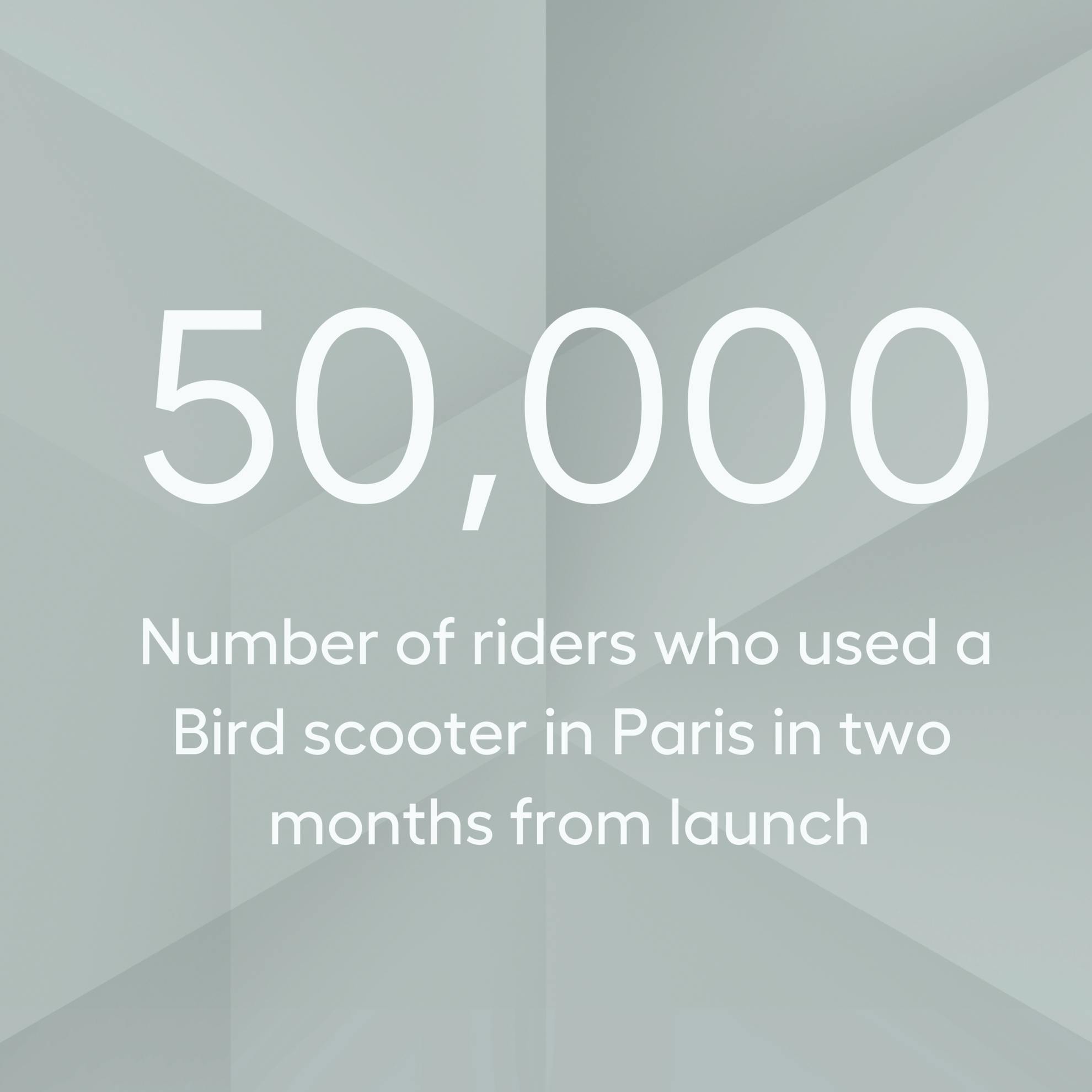
A record breaking year for established schemes
Despite competition from the influx of new mobility options, established docked bike share systems saw some of the highest riderships ever.
Washington DC’s Capital Bikeshare and London’s Santander Cycles saw sky-high ridership numbers this summer, with a record-breaking 1.2m rides on Santander Cycles in July.

Cruising on capital
All this activity in micro-mobility certainly caught the attention of the market in 2018. Companies such as Bird which are only 14 months old have launched in 120 cities and hold a current valuation over $2 billion USD.
Lime has raised $467 million, Bird $415 million and ofo a humbling $2.2 billion. Alongside these astronomical funding rounds were acquisitions, which speak to the value and evolution of the mobility market.
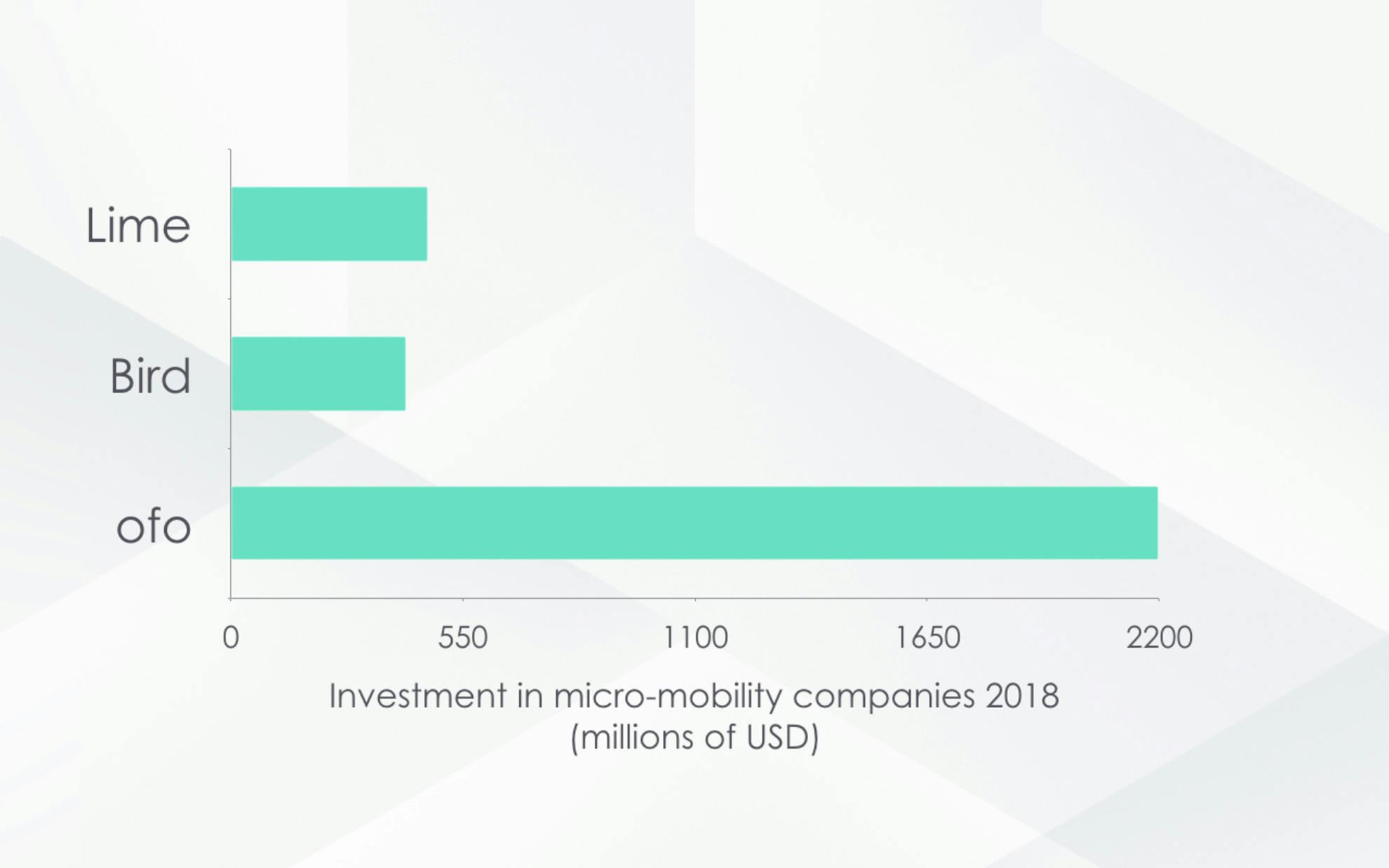
Notable transactions include Uber shelling out $200 million for JUMP electric bikes, Lyft acquiring bike-share company motivate for $250 million and mobike selling for $2.7 billion to Meituan Dianping.
It hasn’t all been roses though. Some companies faced significant financial and operational struggles despite tremendous investments. Ofo finished the year with rumours whirling that the company is nearing bankruptcy despite backing by some of the world’s leading venture funds like Alibaba. Mobike suffered plenty of negative coverage when they pulled out of Manchester following reports of excessive vandalism of bikes.
Infrastructural foundation
Underneath it all is the infrastructure which enables our everyday mobility. Londoners waited year round as TfL quietly hushed rumours of a Crossrail delay - only to have a December announcement that the rail line was going to cost an additional £2.3bn with no known completion date. The opening of the line is still eagerly awaited by parts of the city underserved by public transport.
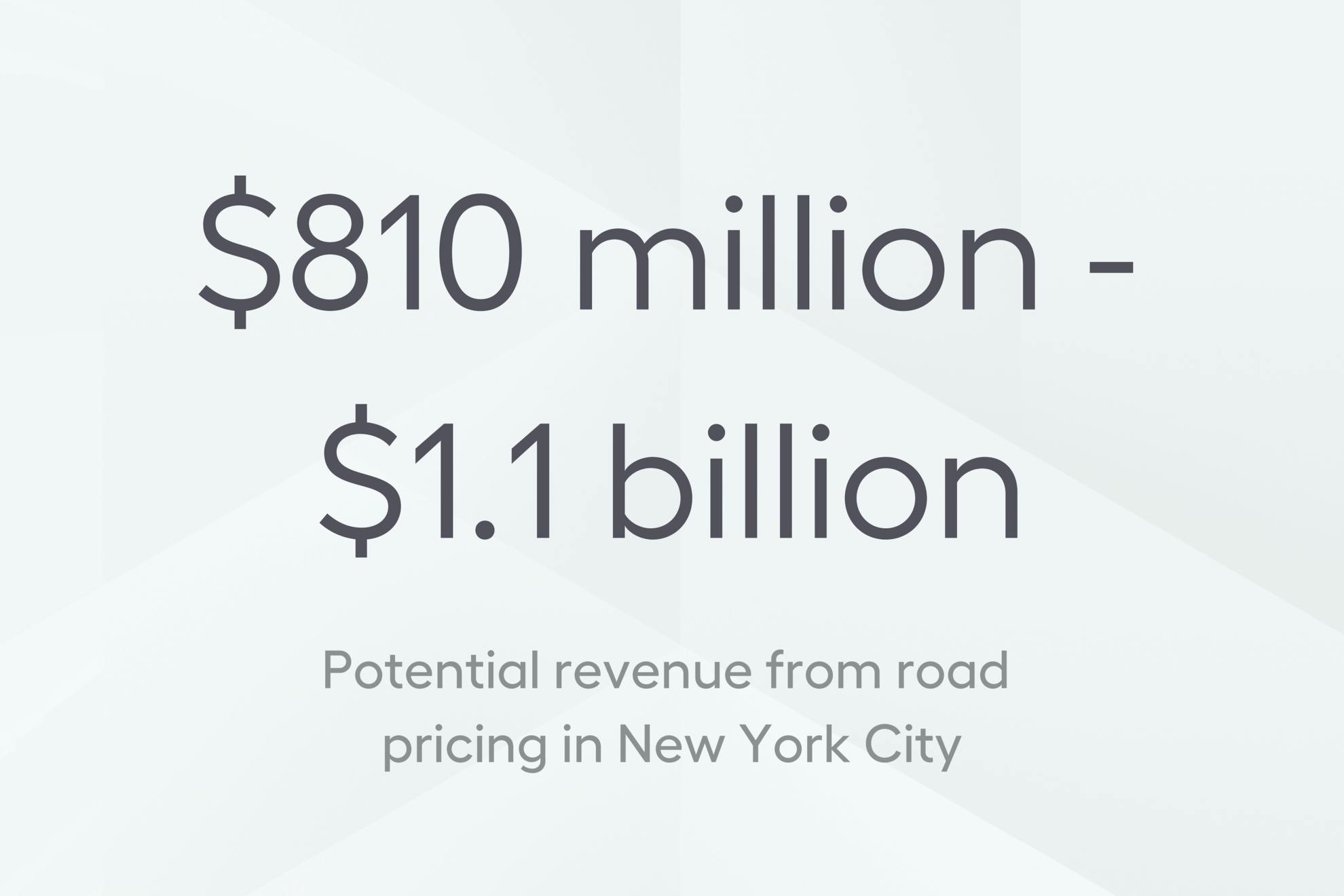
Elsewhere, North American cities have continued to flirt with the idea of road pricing, a mechanism adopted by European cities to accurately capture the cost of driving on society and fund investment in public transport. New York City could unlock $810 million and $1.1 billion annually based on a report written this year by the governor’s office.
And as for micro-mobility, scooter companies joined cyclists and pedestrians calling for safer infrastructure for their riders.
Bird went as far as to pledge $1 USD per scooter per day for cities in their US market to build more bike lanes. And while more funding for active transport is rarely a bad thing, the company seems to have missed the nuance behind building such infrastructure. This program would deliver $80,000 USD to Portland over its four month trial. For reference, one mile of high-quality protected bike lane on a major street in Portland can cost up to $2.8 million USD per mile to build.
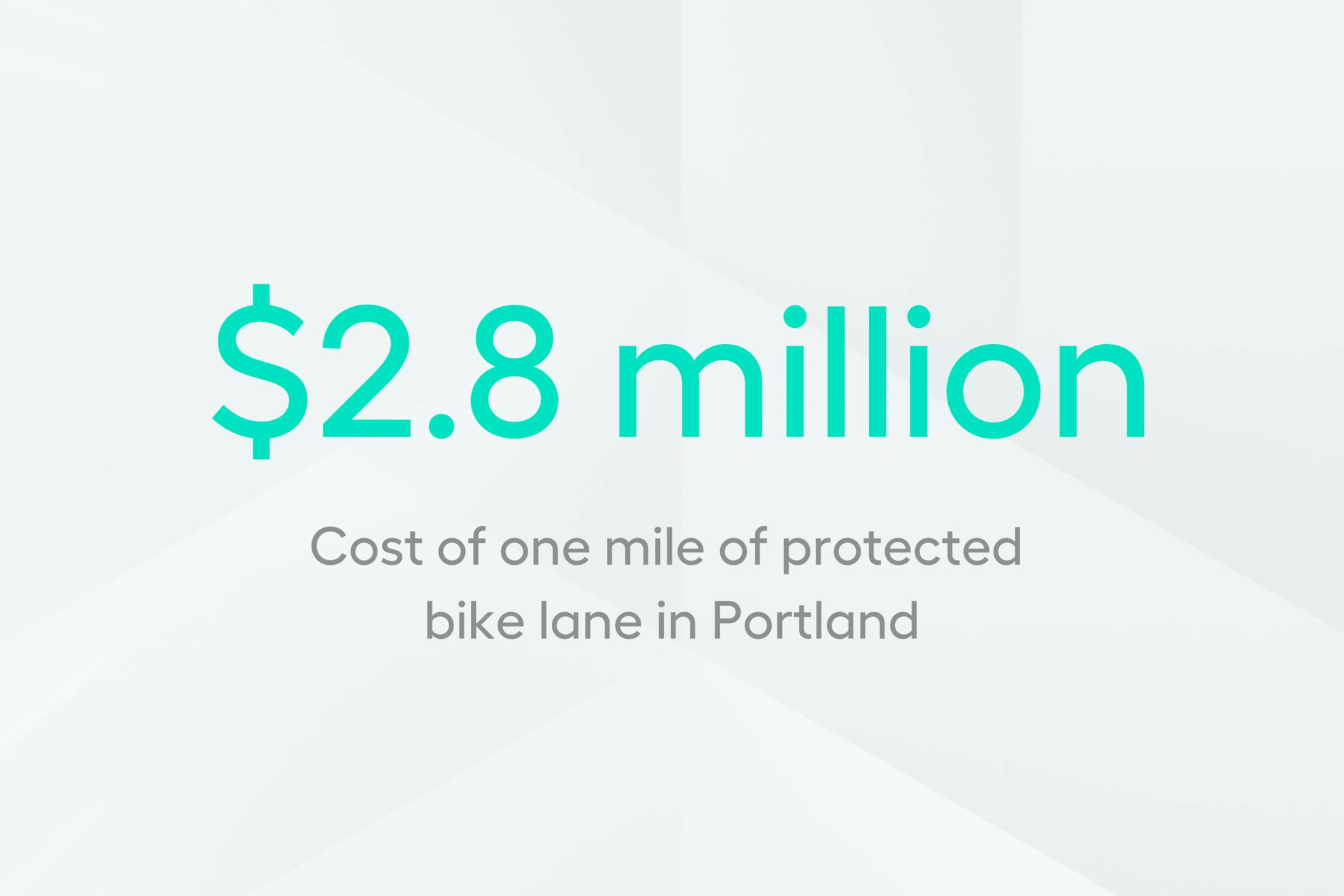
Something for everybody
A stronger focus was placed in 2018 on ensuring access to mobility for all people.
In London, it was revealed only 15% of cycle trips are made by Black, Asian or Minority Ethnic (BAME) groups, despite cycling being cheaper and faster than public transport.
Initiatives such as The Bike Project work to combat these trends by empowering refugees in London to get their pedal on. Their team and volunteers donate and fix bikes which they gift to refugees, as well as run cycling proficiency training for refugee women.
It’s projects and people such as these who truly enable mobility in cities, and it’s critical for local authority and mobility companies of every shape and size to support their mission.
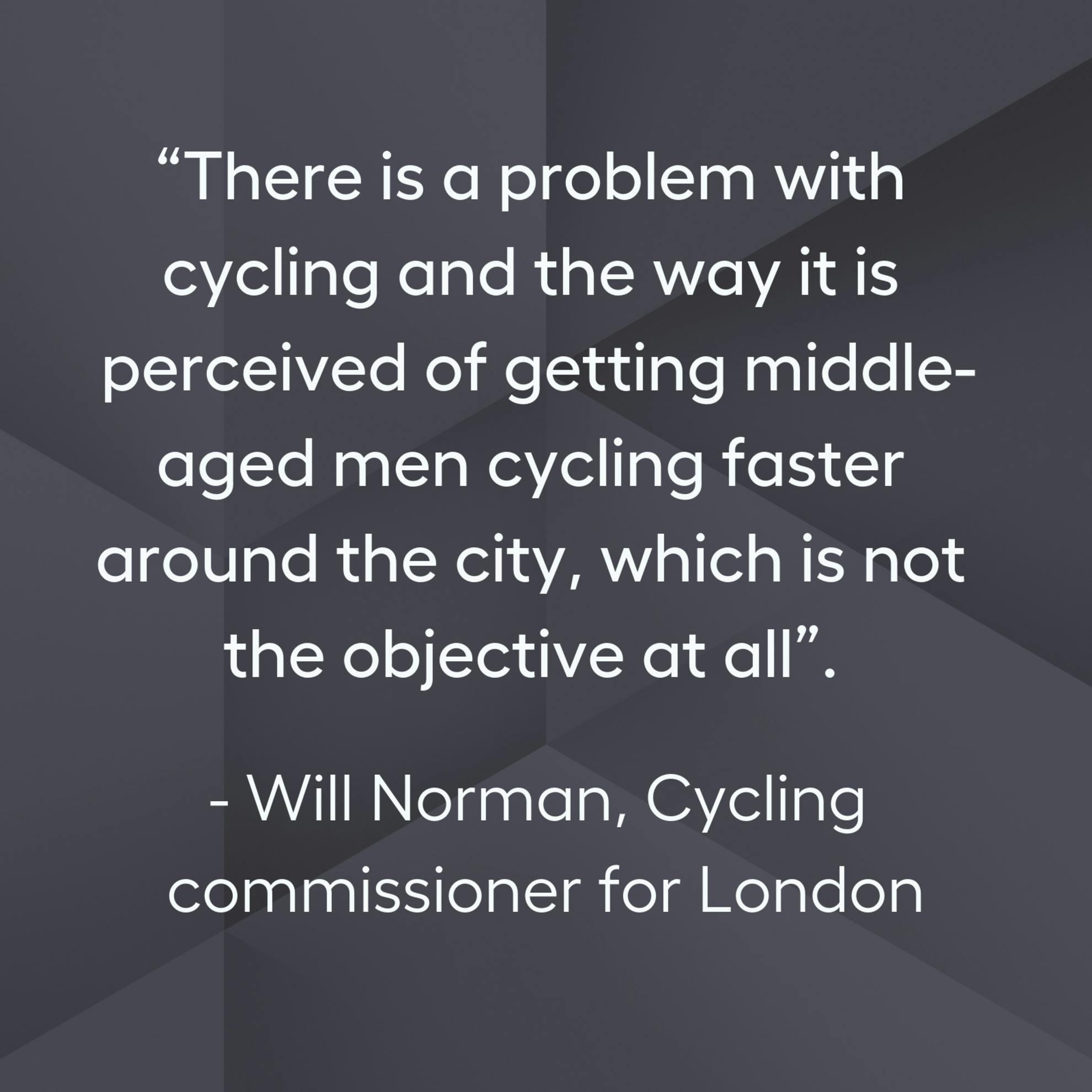
What's to come in 2019
2019 will surely be a year of further innovation in this space. At Beryl, we imagine the year will be marked with a certain maturity in the market - products and services will be refined, micro-mobility companies will build stronger relationships with community groups and local governments, and undoubtedly new players will emerge continuing to progress access to sustainable and active travel for all.
We hope that more impartial research will be carried out to analyse the true environmental impact of micro-mobility on cities - taking into account supply chains and operations. And we look forward to companies ditching the “ask forgiveness" mentality and working together with cities to build truly collaborative relationships.
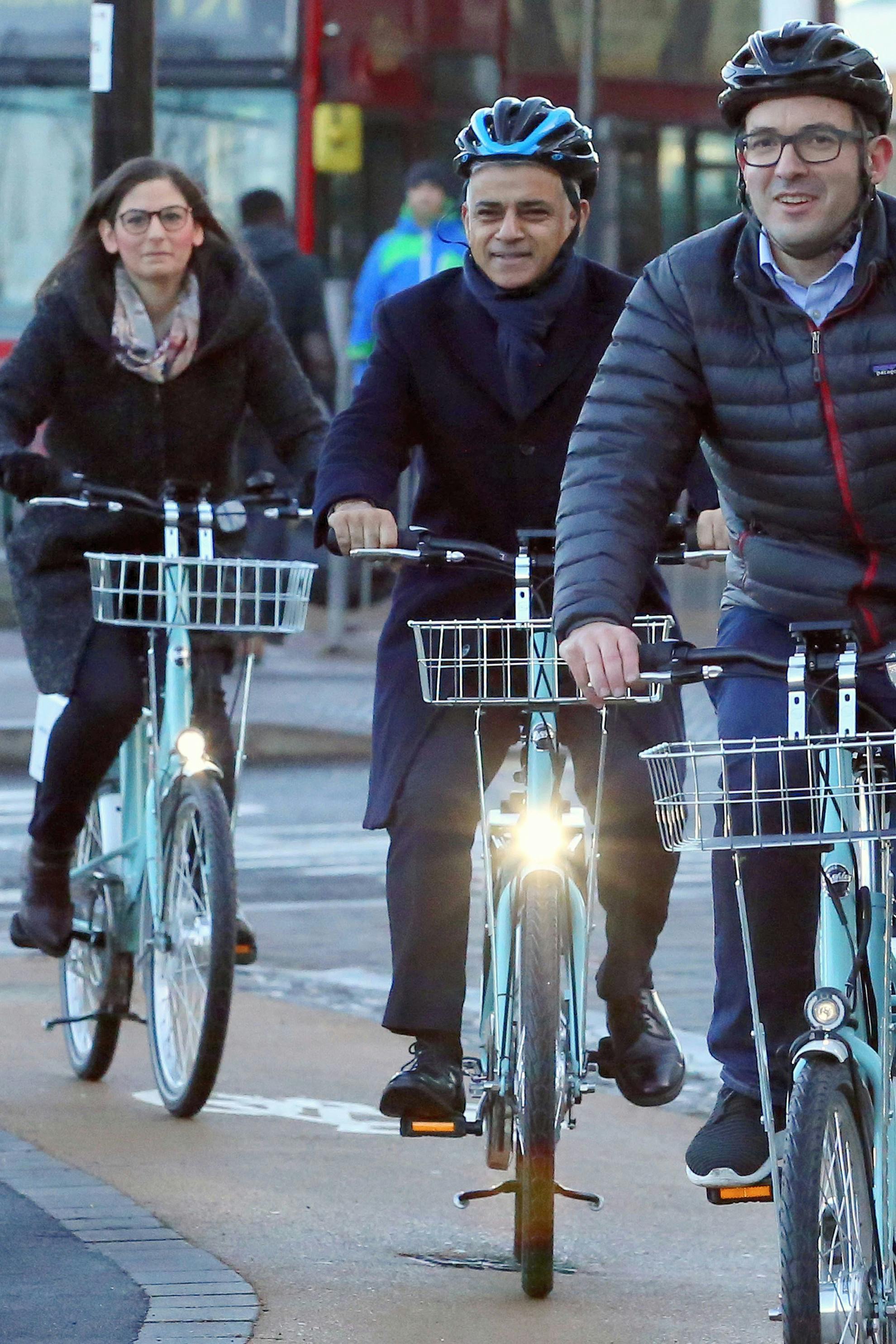
As for us, we launched our latest bike share offering at the very end of 2018: a pool bike system for Enfield Council in London. Even London’s Mayor, Sadiq Khan, was excited about what we’re up to. 2019 promises to be an exciting year as we continue to develop technology to help more people in cities get on their bike - we can’t wait to share our plans!
If you enjoyed this Year in Review, Beryl also runs a weekly newsletter where we capture all the news about micro-mobility - with a human-centred focus. Subscribe here!
